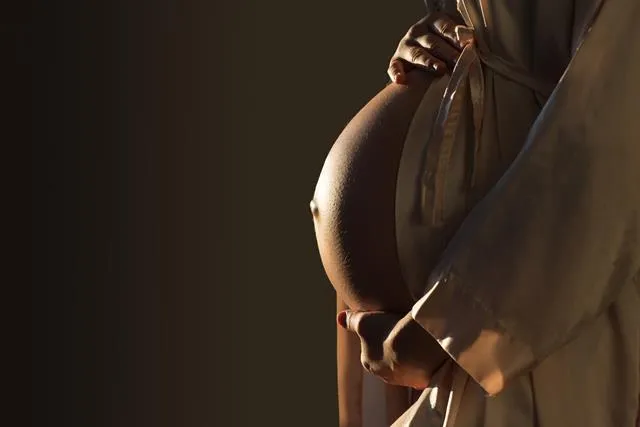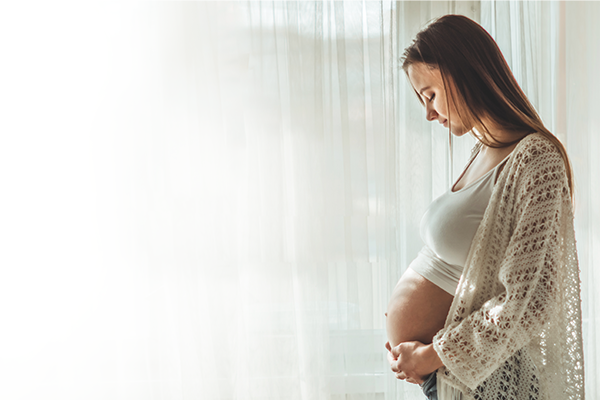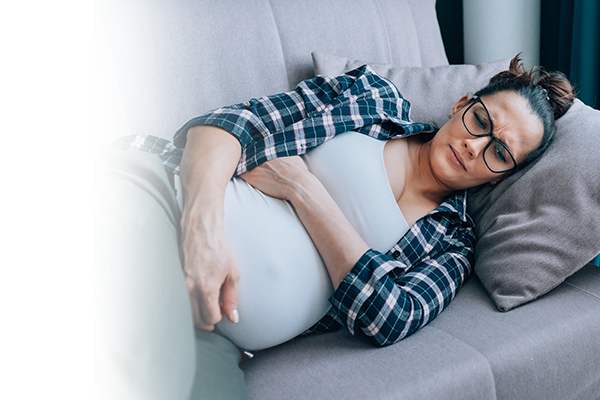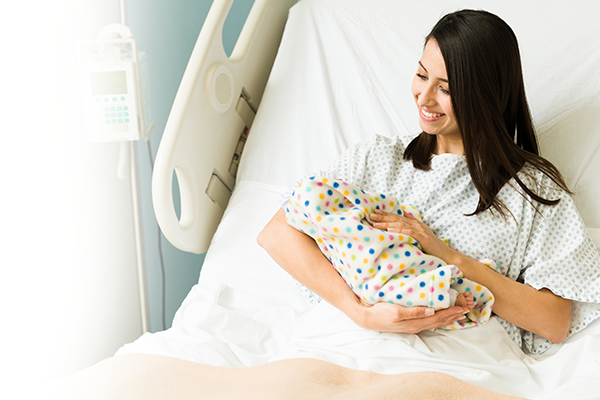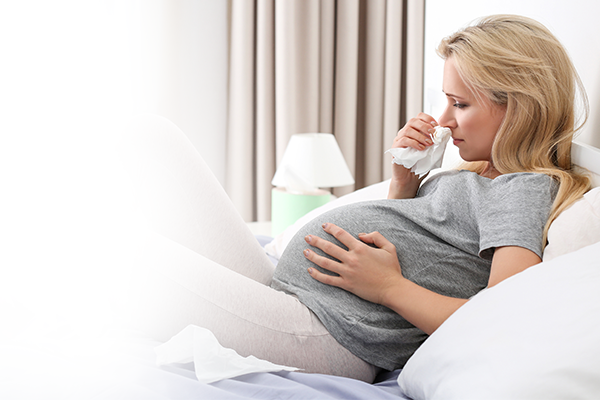Anemia is a common condition during pregnancy. It is estimated that about 40% of pregnant women are iron deficient. Their cause is the increased demand for this element during pregnancy. Anemia in a pregnant woman is a contraindication to cord blood stem cell donation.
Anemia in pregnancy – symptoms
Anemia in pregnancy manifests itself in a characteristic pallor of the skin. The mother-to-be also feels fatigue, especially after exercise. This is because with anemia there is a reduced tolerance for movement. What are some other symptoms of anemia in pregnancy? May occur:
- Headaches,
- Trouble with concentration and memory,
- Dizziness, loss of balance,
- Accelerated heartbeat,
- Sensory disturbances, numbness in the extremities (with severe anemia),
- Hypotension,
- Abdominal pain, constipation.
Disturbing symptoms should be consulted by a doctor. The result of anemia in pregnancy can be miscarriage, or premature birth (a very common phenomenon in moms with anemia). It is also a contraindication to harvesting stem cells from cord blood. Pregnant women with severe anemia are referred to the hospital. The severity of the symptoms can put the child at risk. In such situations, a cesarean section procedure is performed.
Diagnostic tests for anemia in pregnancy
Gestational anemia is diagnosed on the basis of a peripheral blood count.There is then a significant reduction in the value of hemoglobin and hematocrit in the blood. A pregnant woman needs at least 26 mg of iron per day. In the case of anemia in pregnancy, the results are significantly different from the norm.
Gestational anemia is usually accompanied by a lower red platelet volume (MCV). This may indicate a deficiency of folic acid and vitamin B12, which are needed for the proper development of the child. The risk of the disease increases in the case of multiple pregnancies, or if the mother follows a vegan diet with low amounts of vitamins and minerals. Treatment consists of taking iron tablets, and vitamins and minerals. A diet for anemia in pregnancy, rich in products with a high iron content, is recommended for mothers-to-be.
Taking iron preparations can cause constipation. Black stools are completely normal with these drugs and should not be worried about them. In the case of massive constipation, mom should see a doctor.
What to eat when anemic during pregnancy?
The nutritional basis for anemia in pregnancy should be products with a high content of iron and folic acid.These include:
- Green vegetables – ie. Lettuce , spinach, broccoli, green peas,
- Citrus fruits and juices made from them (vitamin C increases iron absorption),
- Baked goods, especially whole grains,
- Meat – especially red, lean meat (you can also eat poultry, or lamb),
- Fish(sardines contain a great deal of iron),
- Eggs and dairy products,
- Breakfast cereal,
- Brown rice.
Mom-to-be can drink herbal infusions such as: nettle for anemia during pregnancy. The leaves of this herb contain as much as 1.7 mg of iron. The tea should be drunk twice a day.
A pregnant woman should also take care of proper supplementation: iron, folic acid and vitamins for pregnant women. With pregnancy anemia, it is advisable to increase the dose of folic acid. It is also recommended to avoid coffee and tea after meals, as they can leach iron.
Rate this article:



